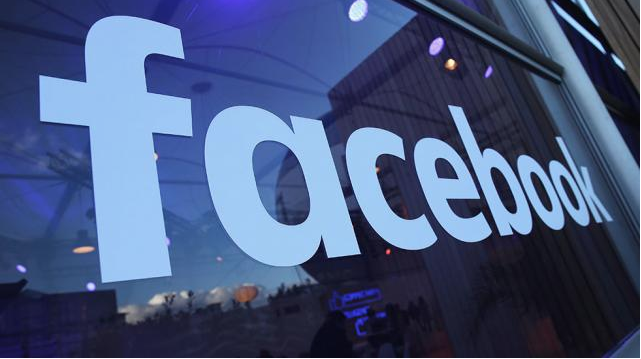Facebook Forks Over Russian Ads
02 Oct, 2017
Facebook will release copies of 3,000 Russian-bought ads to congressional investigators today, executives said.
“The big picture is that we’re stepping up tomorrow to help Congress understand foreign interference on the ad platform and to make improvements to the ad platform to enhance transparency,” said Joel Kaplan, Facebook’s vice president for U.S. public policy, in an interview Sunday. “We’re committed to doing our part to prevent this type of malicious interference.”
The release is part of a widening government probe into how Russian operatives used Facebook, Twitter, Google and other technology platforms to widen fissures in the United States and spread disinformation during the 2016 campaign. Those companies have come under increasing pressure from Capitol Hill to investigate Russian meddling and are facing the possibility of new regulations that could affect their massive advertising businesses.
In addition to sharing the ads, Facebook also will provide information about which users those ads targeted, as well as the method of payment used by the Russian operatives, according to people familiar with the company’s thinking, speaking on condition of anonymity to discuss private matters. The ads, which Facebook said were posted over a two-year period by accounts associated with a Kremlin-affiliated troll farm called the Internet Research Agency, were viewed by users tens of million of times, said people familiar with the investigation.
Going forward, Facebook will require every group that runs political ads on the social network to publicly post copies of all the ads they have purchased. This change, which Facebook chief executive Mark Zuckerberg announced earlier, is one that open government advocates have long clamored for. Those advocates have said it is unfair that, unlike traditional broadcasters, Facebook and other online companies are exempt from federal requirements that they disclose the political ads purchased on their platforms. Online companies are also exempt from requirements to share the amount of money spent on political ads, even as social media occupies a growing share of advertising budgets for political campaigns and political advertisers become some of the largest advertisers on Facebook.
The move also is a departure from Facebook’s standard practice, in which Facebook users can only see ads and posts the company’s software algorithm targets directly to them.
But the executives acknowledged that because of the way Facebook defines political ads, most of the ads that were posted by Russian agents during the U.S. election cycle would not be disclosed under the new policy.
Mentioned In This Post:
About the author
Related Posts
-
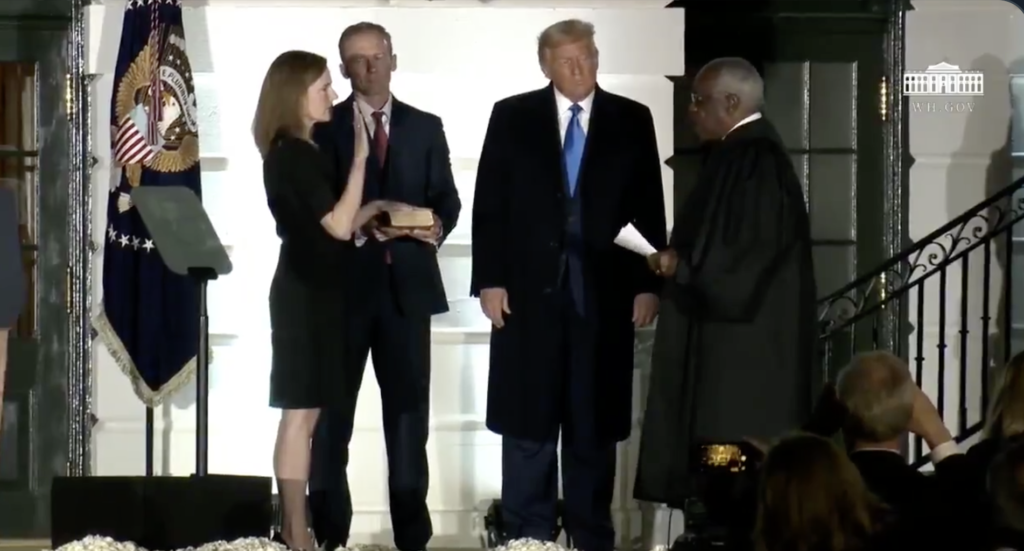
Like it or Not, Amy's In.
-

If Only We All Had Rich Daddies
-
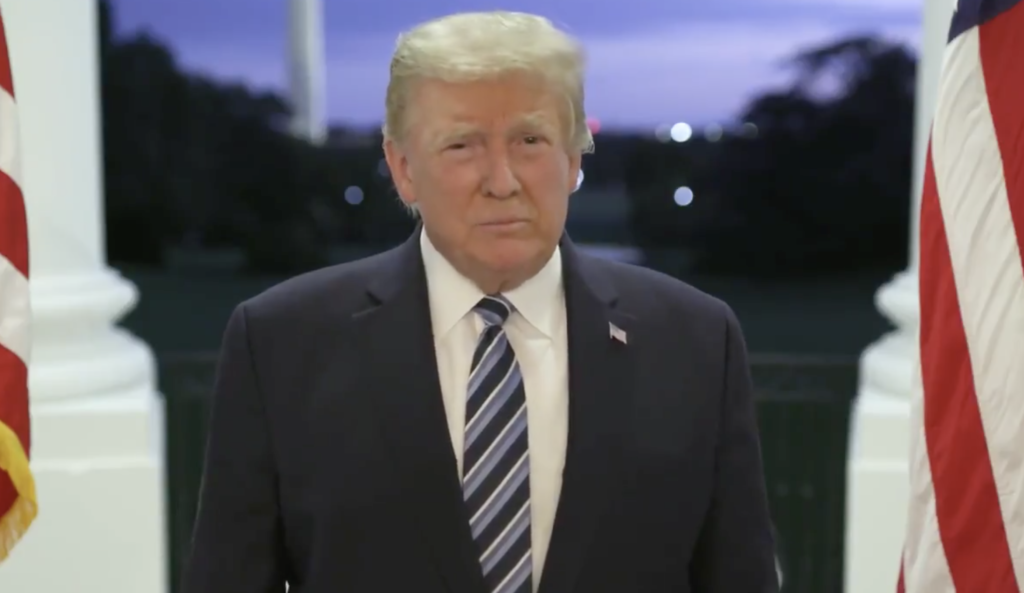
"Don't Be Afraid of COVID!" He Says
-
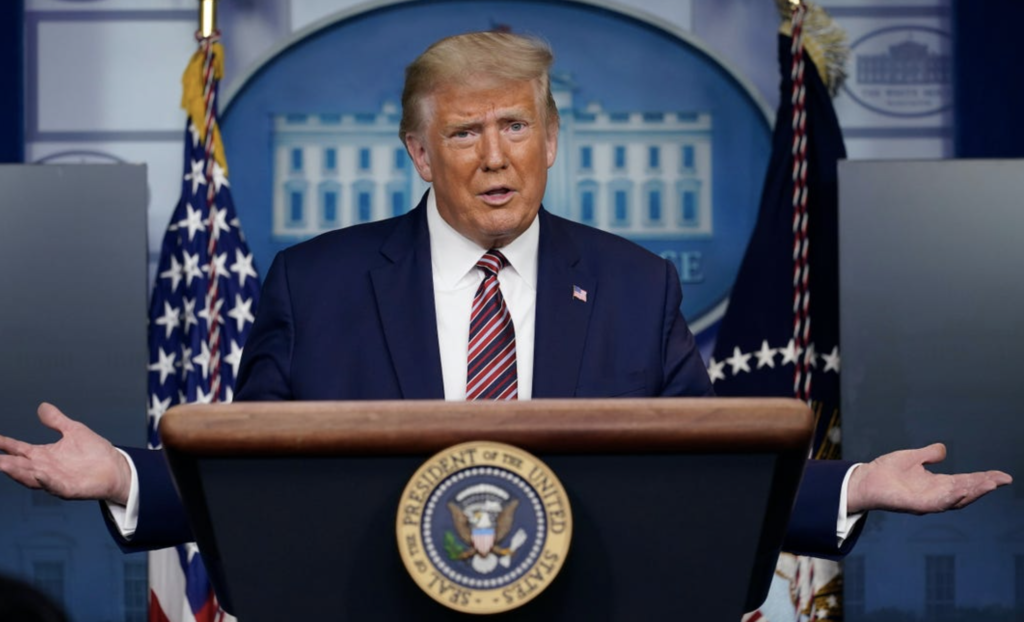
Trumps In The Hospital and His Cronies Are Infected
-
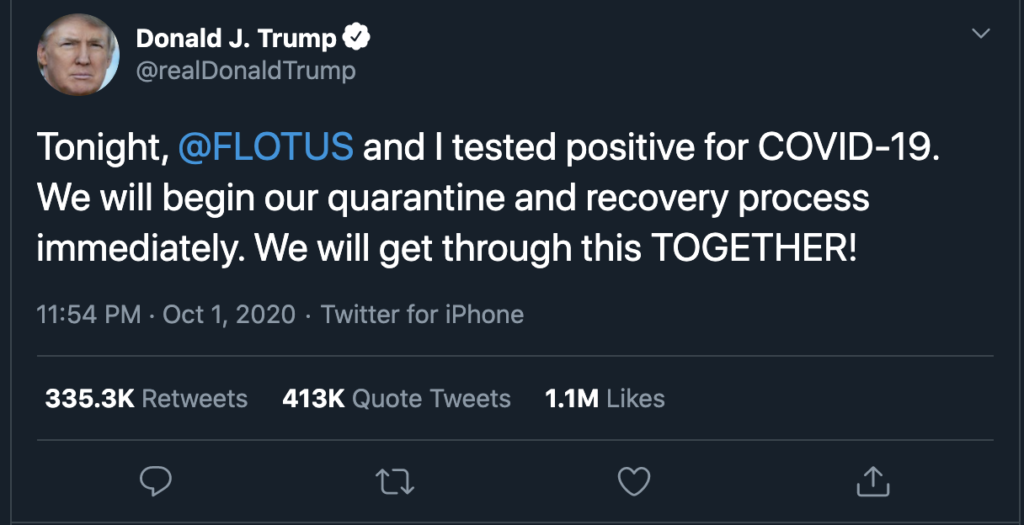
Trump Tests Positive for the 'China Virus'
-
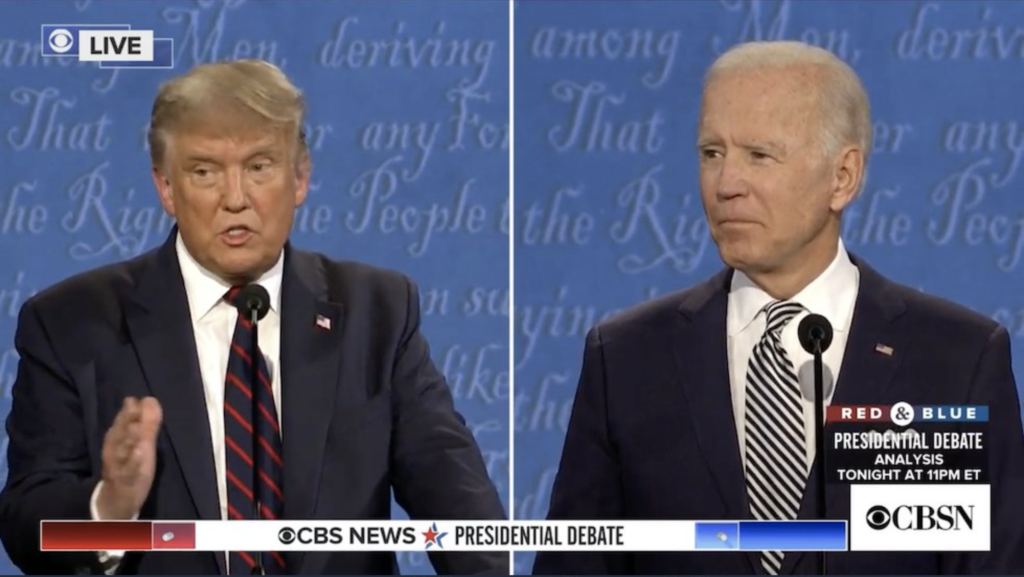
What A Shit Show!
-
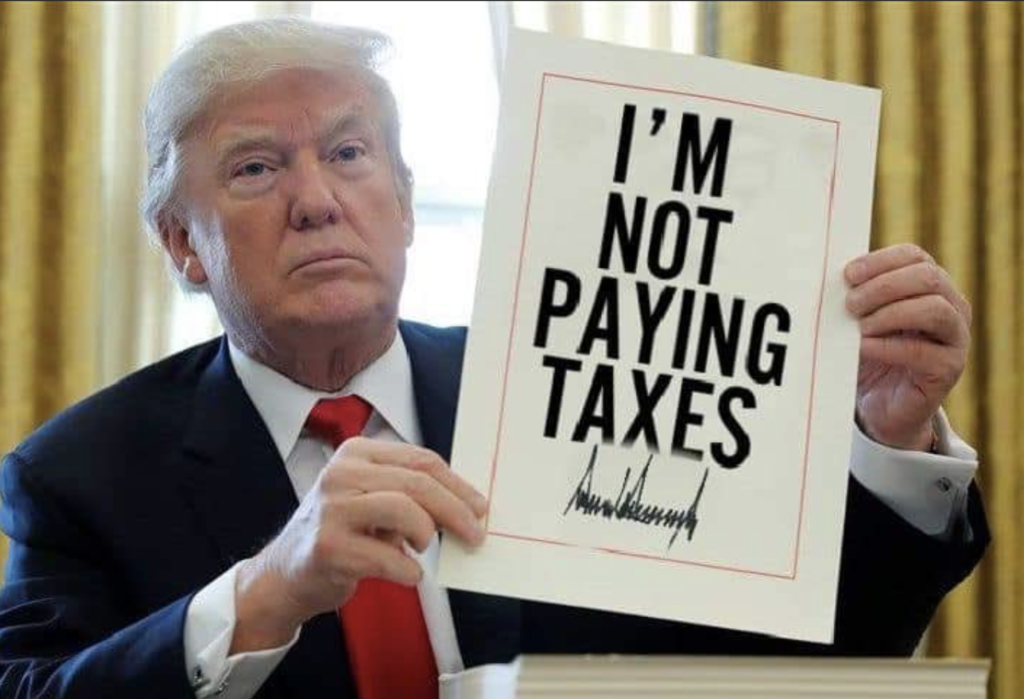
Is Anyone Really Surprised??
-
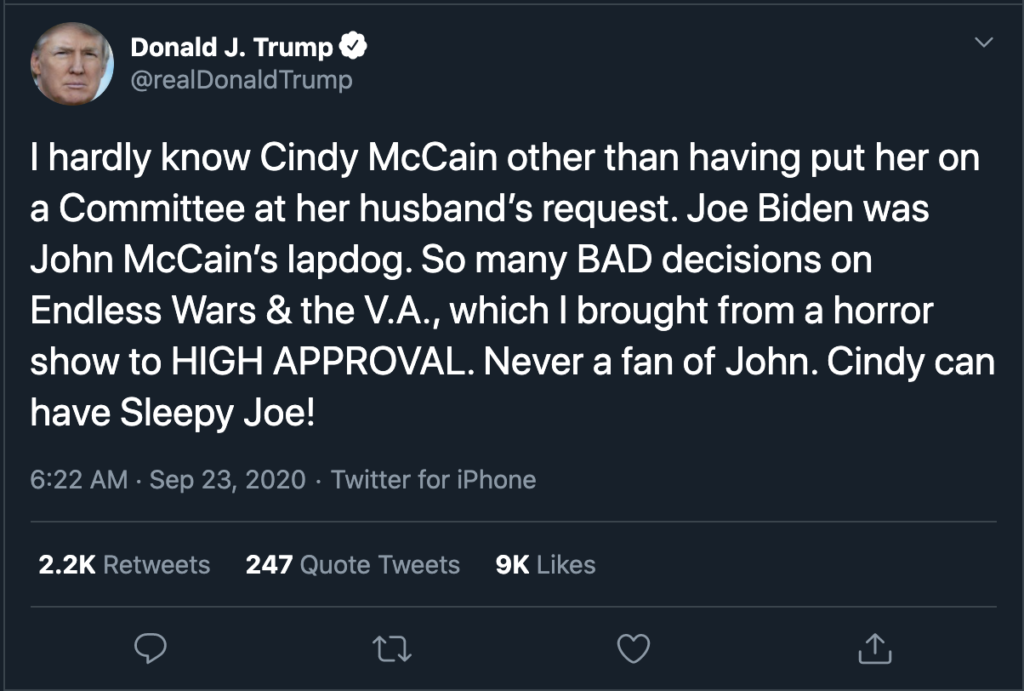
McCain Endorses Biden, Trump No Likey
-
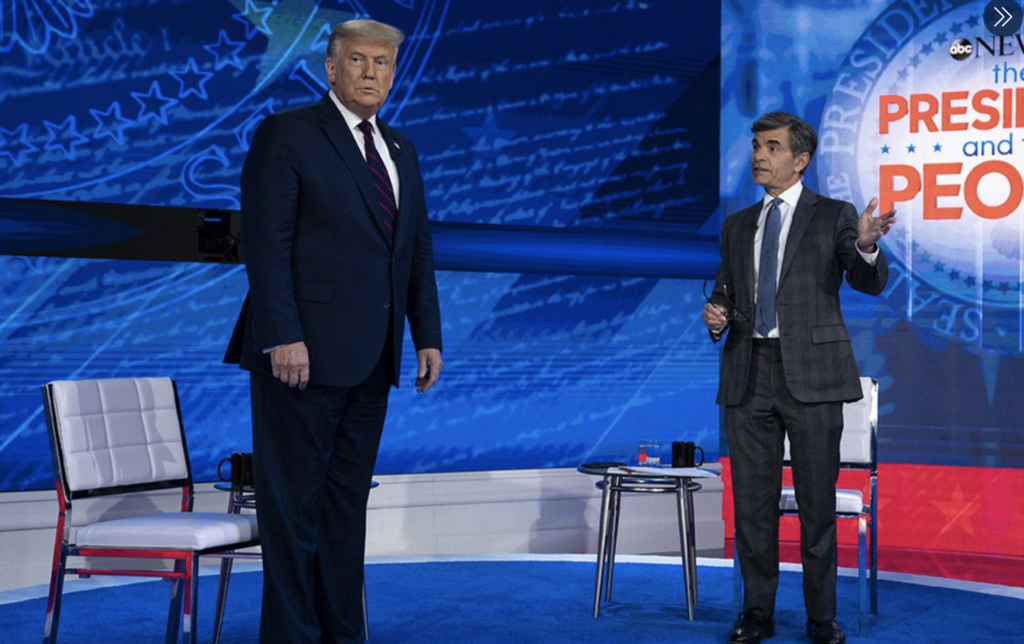
Don't Believe Your Ears, Believe Me.
-
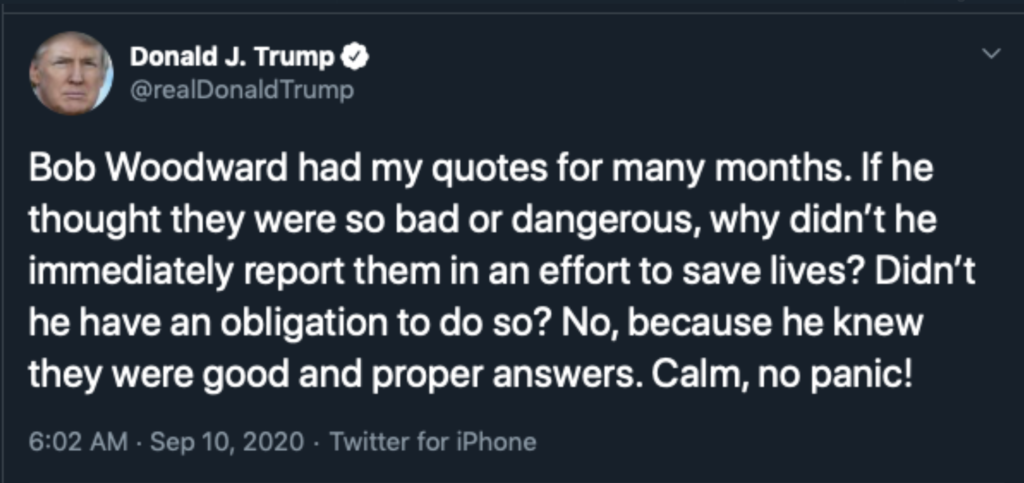
Can Trump's Actions Really Shock You Anymore?

